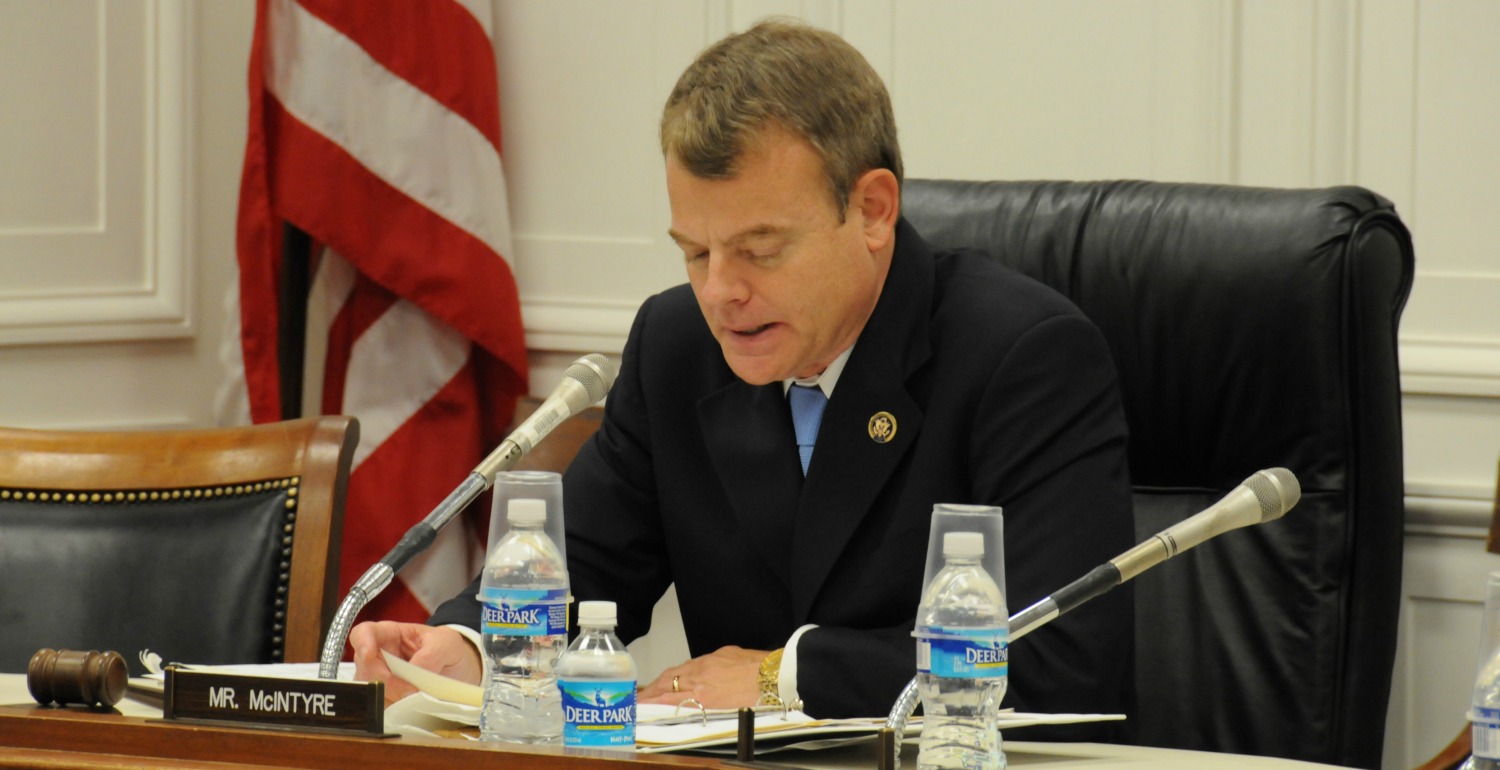The Hon. Mike McIntyre presided over this hearing, with the then recent re-election of Iranian President Mahmoud Ahmadinejad in mind. With witnesses – Former Assistant Secretary of State David Kramer, senior fellow of the German Marshall Fund of the United States; Jennifer Windsor, executive director of Freedom House; and Stephen Blank, research professor of National Security Affairs at the Strategic Studies Institute of the U.S. Army War College – McIntyre discussed the enormous implications of the hardline president’s landslide re-election.
Iran’s neighbors who belong to the OSCE, such as Azerbaijan, Armenia, and Krygyzstan, were keenly aware of Ahmadinejad’s glide to victory, with reactions ranging from curiosity to anxiety concerning how the Iranian public would react. The Iranian citizenry met Ahmadinejad with nonviolent, yet persecuted, protests in the streets, similar to other demonstrations of civil disobedience in Iran’s neighboring countries. So, the question then becomes what the effects of Ahmadinejad’s re-election are on post-Soviet states.






